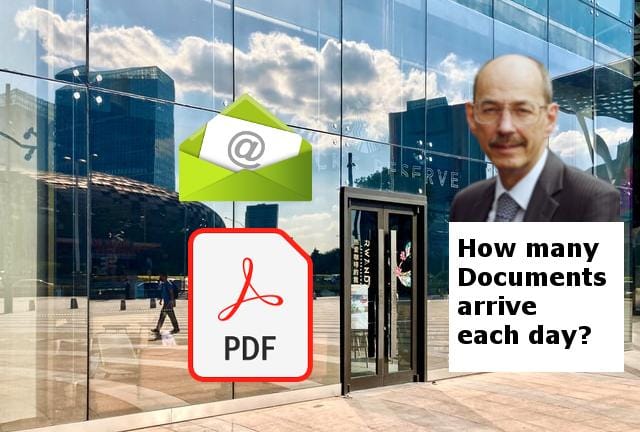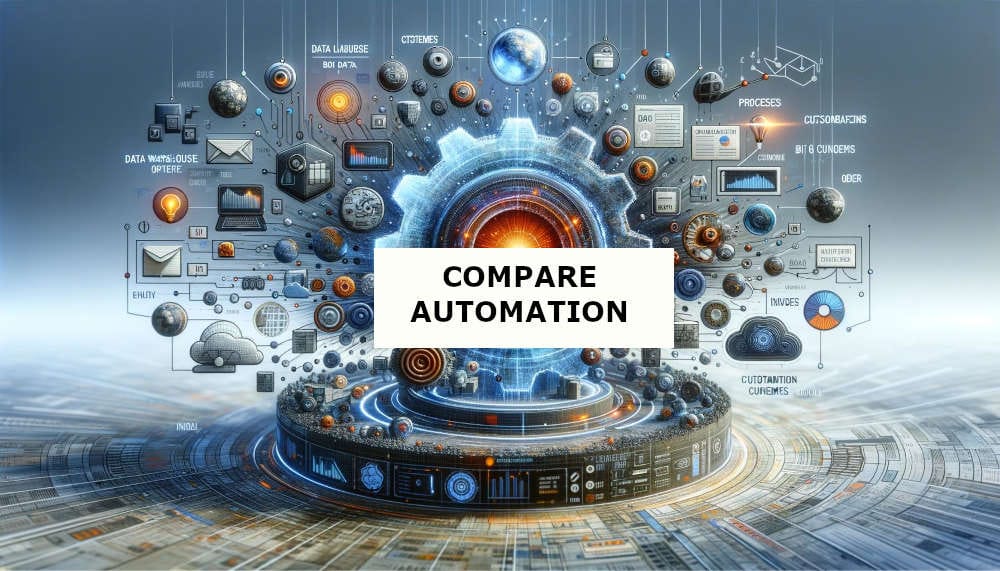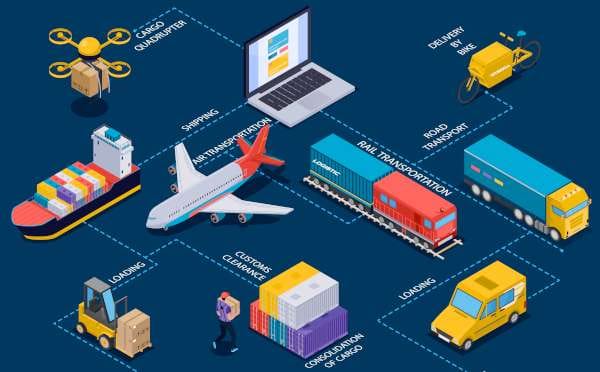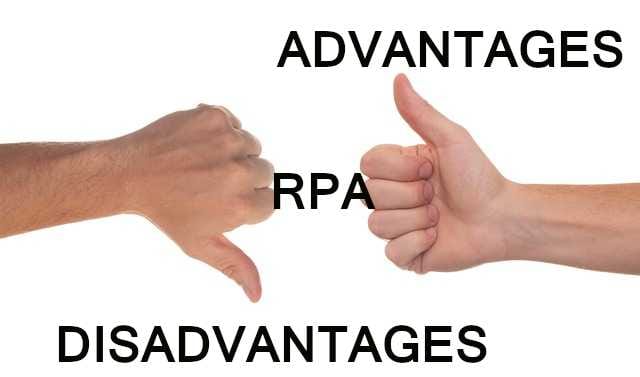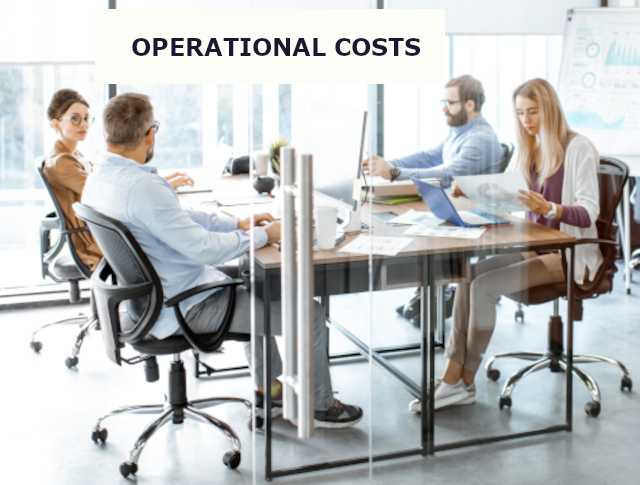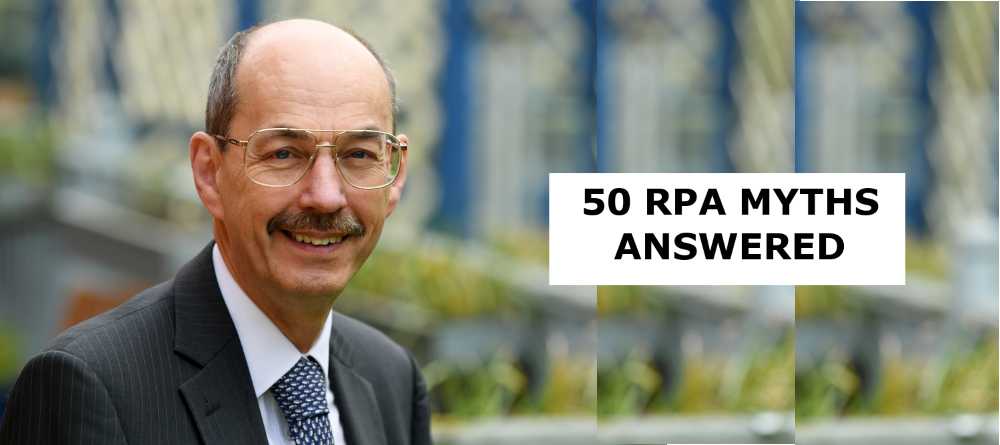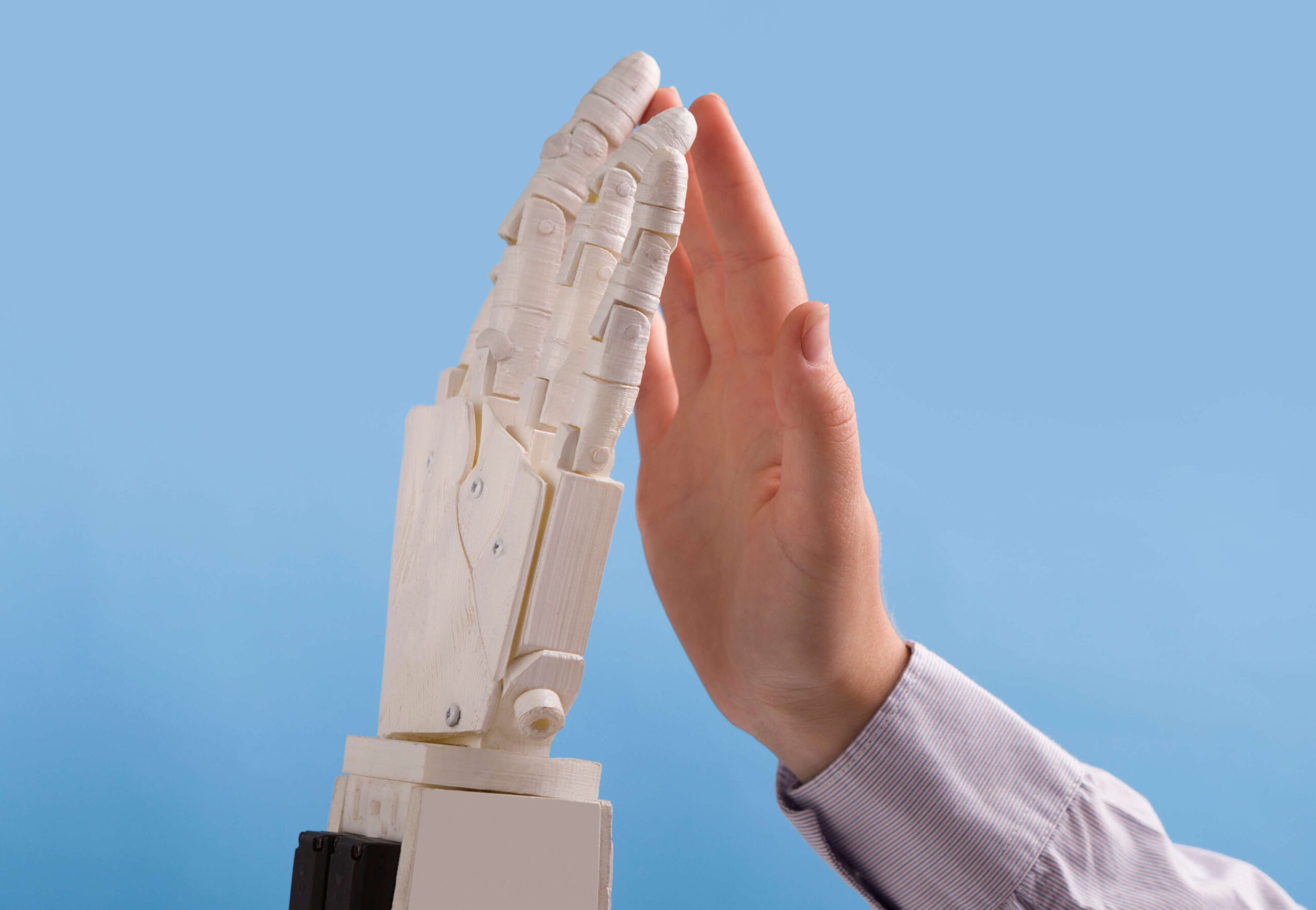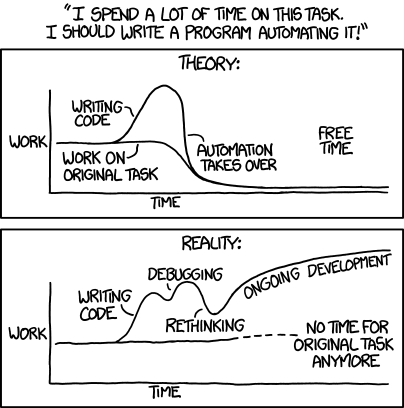When to use RPA?
“When to use RPA?” is a question often asked during RPA discovery.
As CIOs and CTOs start to understand what RPA actual is and why RPA could be used, the next question is often “When to use RPA?”.
As RPA is the use of software robots to implement “Robotic” / repetitive tasks on computer systems that follow defined business rules, the answer to the question of “When to use RPA” can be found by first looking for situations in the current business operations. Consider the following questions:
- Are there any highly qualified professionals performing mundane / repetitive tasks on the computer?
- Are there teams of people working on the same set of tasks day after day?
- Are there teams who frequently bring in temporary staff?
- Does the workload suffer from seasonal or periodic peaks that require staff to work extended hours?
Options for RPA Usage
In considering which processes are suitable for RPA, a number of factors need to be considered. Ether Solutions provides a process checklist to help with the analysis and the page “How to select a Process for Automation” for some guidance. Once a need for automation has been identified, there will be potentially a number of solutions.
One option will be to amend the computer applications so that they more closely fit the business activity. If the applications are custom built that might be achievable but if they are a package from a major vendor like Microsoft, Oracle, SAP, any custom change will be difficult to create.
Another option is the development of a new custom application to deliver the enhanced business functionality and utilise the published API’s to interact with existing computer applications. This approach will ultimately deliver the most efficient processing but is costly to develop and takes considerable elapsed time as with any IT development. The debate of RPA versus API is often raised when reviewing options.
The third option is RPA. This uses software robots to perform the tasks that people can undertake on computer applications by simulating the actions of users by reading from the screen, typing on the keyboard as well as clicking the mouse.
By using the existing user interface, there is no change to the computer applications and hence no new risk.
Creating a software robot is relatively quick and once created it can easily be replicated to deliver additional processing capacity that can be switched on or off, as required to meet the levels of workload.
Although robot configuration effort increases when multiple applications are involved in the process, the increase is far less of an increase than custom development.
As RPA requires the creation of a software robot, the process to be perform must be relatively stable otherwise there is a constant need to change and test the activities of the robot.
RPA Usage in a sentence
When to use RPA can be answered as; When the process to be automated is repetitive, stable, well defined, of reasonable volume, uses multiple applications and would benefit from quick implementation.
RPA Usage Expansion
The scope for RPA usage can broaden following an initial implementation.
Once RPA technology has been deployed, the availability of the functionality may make it suitable for additional usage.
Primarily RPA usage starts with explicitly automating work that people perform through the GUI screens of applications.
RPA technology is also capable of using API methods. Such facilities will never be directly accessed by people but API usage can deliver benefits compared to GUI automation.
For UiPath, the RPA technology also includes “Lo-Code” style functionality which includes the ability to present “New GUI Screens”, store data in structures, etc.
Once UiPath RPA skills are available and the technical infrastructure is in place, there can be business reasons to expand the RPA usage rather than deploy further development tools, in order to meet new business requirements.
To discuss potential expansion of existing RPA usage please contact us.
RPA Usage Context
Determining when to use RPA can require an examination of the potential automation in terms of the people involved, the candidate process and the technology. Ether Solutions has created the 90 Day Automation Method to help with the context of the decision.


